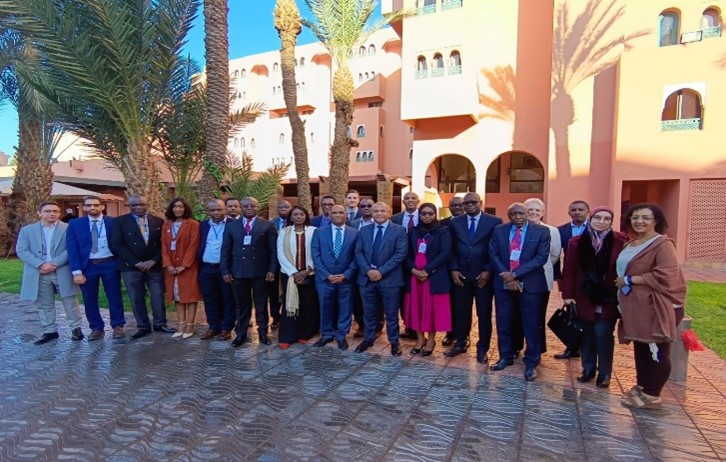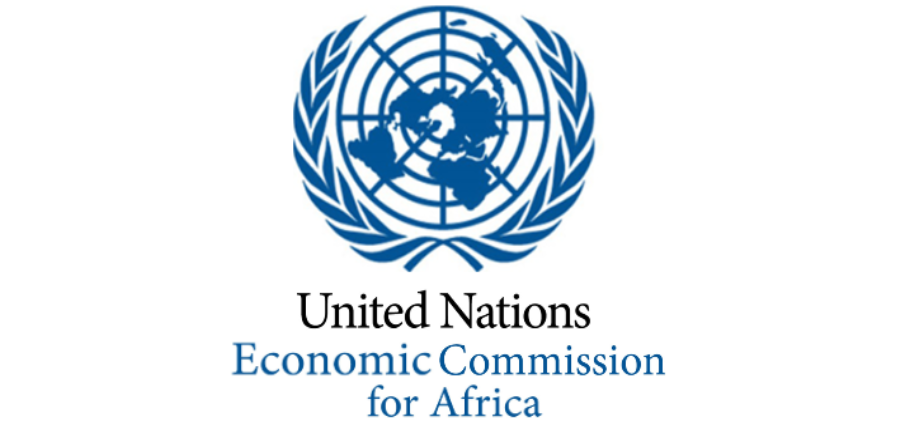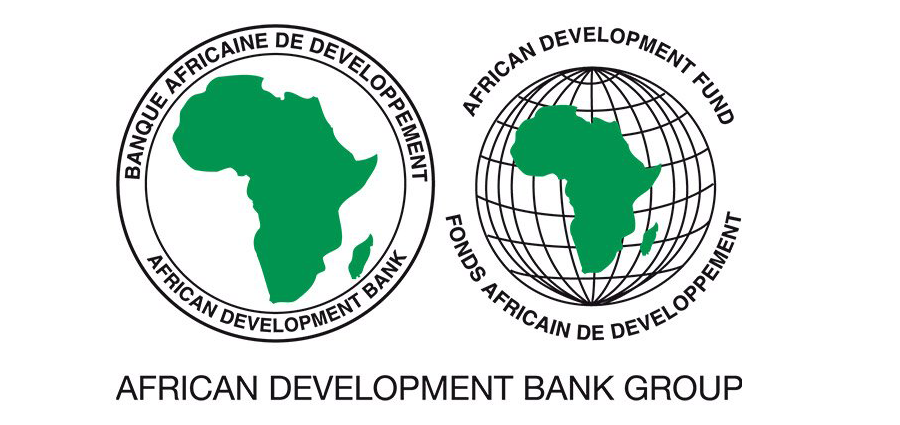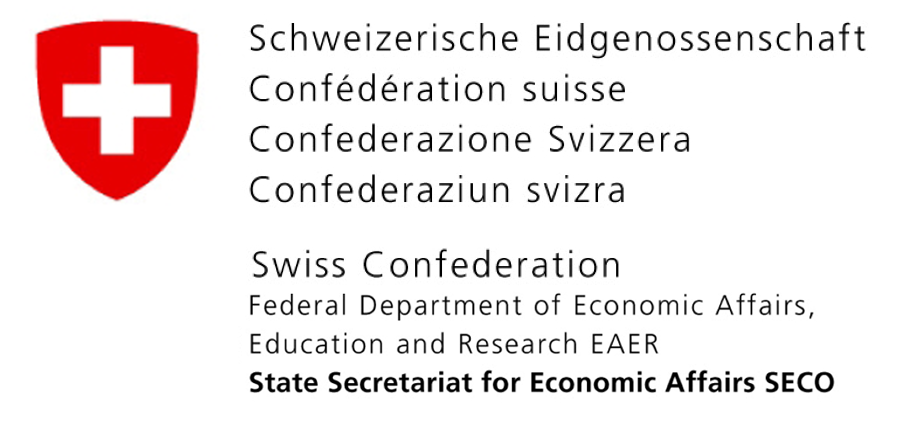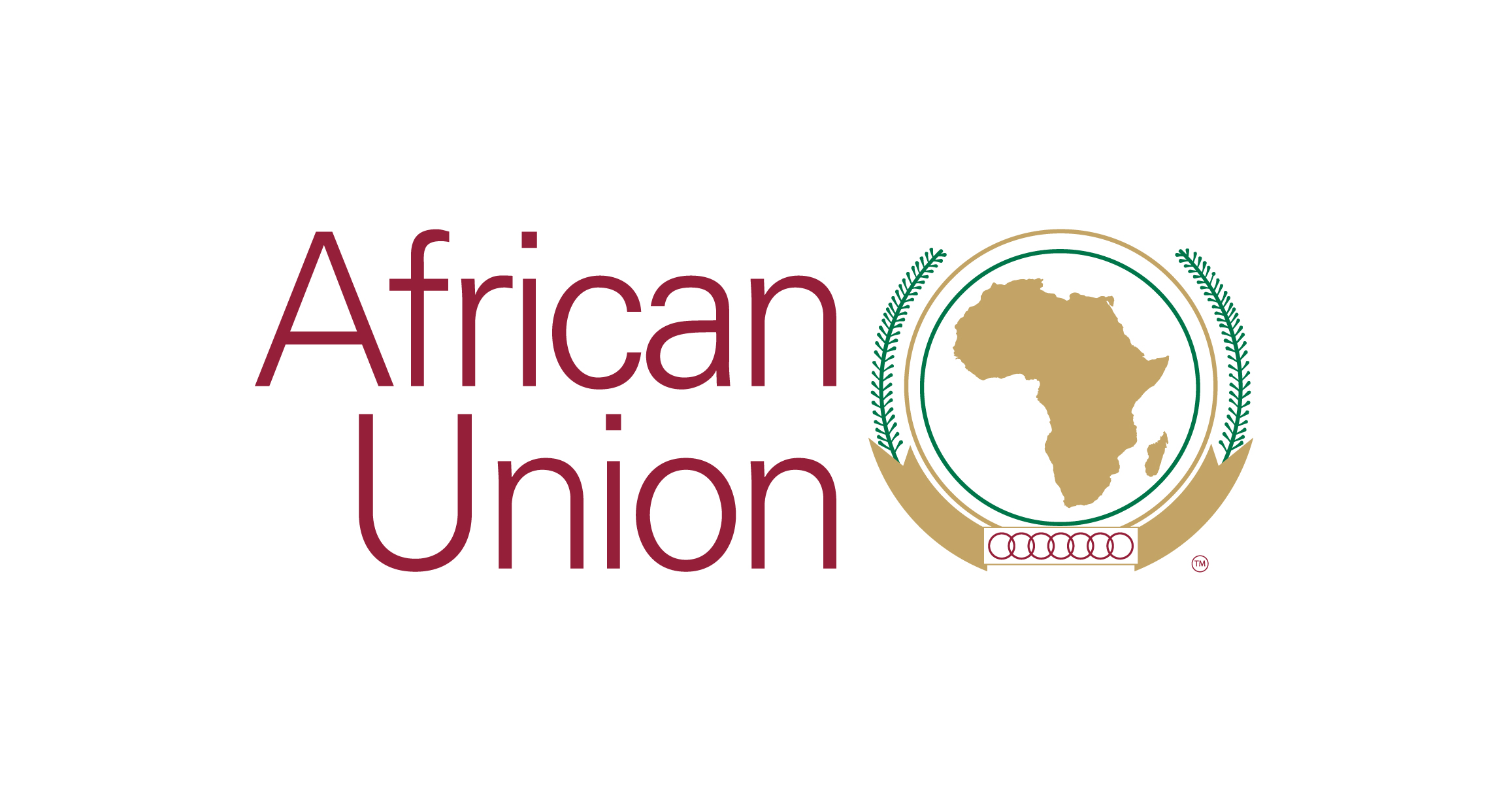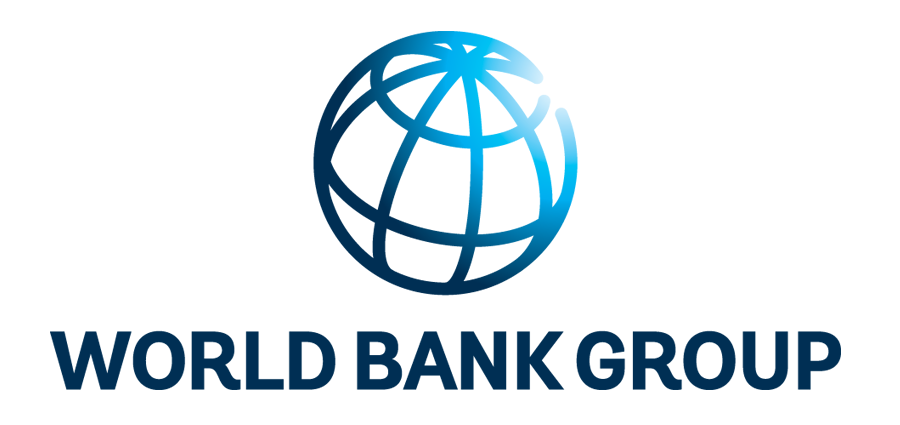Harmonizing Road Transport Regulations for a Safer and Efficient Africa
In a bid to enhance road safety and streamline transport regulations across the African continent, the African Union Commission (AUC) in collaboration with the Ministry of Transport and Logistics of the Kingdom of Morocco organized a continental workshop on the harmonization of regulatory frameworks for road transport in Africa. Held on December 18-20, 2023, the main objectives of the workshop were to discuss the implementation of (i) continental regulatory instruments for road transport, focusing on the Economic Community of West African States (ECOWAS) and Economic Community of Central African States (ECCAS) regions, and (ii) the African Road Safety Charter (ARSC), with an emphasis on the African Road Safety Observatory’s (ARSO) work plan and its institutionalization process under the AUC.
Bringing Together Regional Stakeholders
Representatives from various African nations and diverse regional bodies participated in the workshop, reflecting a collaborative effort to address pressing road transport challenges. Delegations from six ECOWAS and ECCAS member states, along with those from EAC-COMESA-SADC member states that have advanced in implementing Tripartite instruments (such as Namibia and Zambia), attended the meeting. Other key stakeholders included the interim Technical Steering Committee of ARSO, the National Road Safety Agency, the Association of Road Safety NGOs in Africa, LASER International, the Africa Transport Policy Program (SSATP) and Fischer Consulting, which provided technical assistance under the EU-funded Tripartite Transport and Transit Facilitation Program (TTTFP).
Paving the Way for Harmonization
Serving as a platform for networking and information sharing among key transport experts and officials, the workshop aimed to pave the way for the ground-breaking initiative of harmonizing road transport legal and regulatory instruments, including policies, regulations, standards, and systems for road transport across the continent. Recognizing that the proposed harmonization initiative is expected to stimulate transport demand by an impressive 28%, underscoring its potential impact on economic growth and development across the continent, the workshop set the stage for in-depth discussions on the current status of road transport regulatory frameworks across different African countries. During the workshop, participants had the opportunity to review current regulatory frameworks, identify gaps between country regulations, and share information on good practices across the region. They welcomed a presentation on the conceptual design of the African Road Governance Program (ARGP), which is based on adherence with continental norms and standards, transitioning from bilateral to multilateral regulatory frameworks, and accelerating the digitization of road transport regulations, procedures, and law enforcement.
Advancing Road Safety Initiatives
A significant theme of the workshop was its emphasis on enhancing road safety measures in Africa. The workshop provided an opportunity to discuss the status of ARSO’s 2022-2024 work plan, as well as efforts to fast track the adoption of the ARSC, the establishment of ARSO under the AUC, and the implementation of the African action plan for the Second Decade of Action for Road Safety 2021-2030. During the discussions, stakeholders highlighted the importance of SSATP’s role in addressing the main policy issues hindering the region’s road transport sector. They endorsed SSATP’s recommendation to establish an African Association of Road Safety Lead Agencies (AARSLA) to strengthen ARSO and facilitate knowledge sharing and collaboration among member countries. Recognizing the importance of this initiative, the AUC committed to supporting the establishment of the association alongside SSATP.
Looking Ahead: A Vision for Integrated, Safe and Sustainable Road Transport
As the workshop concluded, it set forth a roadmap for future action, outlining key recommendations to guide ongoing and future harmonization efforts. These include baseline surveys on transit and transport legal and regulatory instruments, collaboration on the development of a continental eLogistics platform, mobilization of resources and technical assistance for the ARGP, and advocacy for the ratification of the ARSC by June 2024, among others. Moving forward, stakeholders committed to working together to pave the way for the realization of a safer and more integrated, efficient, and sustainable road transport sector in Africa.
Workshop Outcomes:
For a comprehensive overview of the key workshop recommendations, see below:
- The AUC is tasked with conducting a baseline survey to identify gaps in transit and transport legal and regulatory frameworks, standards, and systems within the ECOWAS and ECCAS Member States. This survey should be completed by December 2025, aligning with the continental roadmap endorsed by the 4th Specialized Technical Committee (STC) of Ministers of Transport in September 2023.
- The AUC will organize a meeting of road transport technical experts from all Member States, Corridor Management Institutions (CMIs), and key partners such as the SSATP. The purpose of this meeting is to review and validate the baseline survey report for the ECOWAS and ECCAS regions and their respective Secretariats.
- The AUC and the African Export-Import Bank (Afreximbank) are to collaborate on creating a continental eLogistics platform. This platform will be designed to integrate with existing systems such as the Transport Registers Information Platform System (TRIPS) and Corridor Trip Monitoring System (CTMS), as well as other Member States and Regional Economic Community (REC) systems.
- In partnership with SSATP, the African Development Bank (AfDB), Afreximbank, and other stakeholders, the AUC will mobilize resources and design a technical assistance program for the African Road Governance Program (ARGP). This program will include indicative action plans at the national, corridor, and REC levels.
- The AUC, in conjunction with the Interim Steering Committee (ISC) of the African Road Safety Observatory (ARSO), will intensify advocacy efforts to secure the remaining ratifications needed for the Road Safety Charter to take effect by June 2024.
- The AUC, together with SSATP, the United Nations Economic Commission for Africa (UNECA), ARSO ISC, and the Association of African Road Safety NGOs, will expedite the implementation of the African Road Safety Action Plan for the Second Decade (2021-2030). Additionally, they will compile an annual status report on road safety in Africa.
- The AUC will work with the Ministry of Transport and Logistics and the National Road Safety Agency of the Kingdom of Morocco (NRSA) to ensure Africa's active involvement in the Global Road Safety Conference set for February 2025, as well as the preparatory meetings in May 2024 in Marrakech, Morocco.
- The AUC, in partnership with ARSO ISC, will engage the World Health Organization (WHO) to tackle the challenges associated with road safety data collection and inconsistencies in reporting, particularly during the creation of global status reports on road safety.
- The AUC, ARSO ISC, and with support from SSATP, will produce an annual road safety status report and conduct a mid-term review in 2025 of the road safety action plan for the Decade 2021-2030.
- The AUC, SSATP, RECs, Member States, and other development partners will work together to ensure a coordinated approach in formulating, designing, and implementing the African Road Governance Program and the African Road Safety Action Plan. This collaboration aims to contribute to the liberalization and harmonization of the road transport governance framework while prioritizing road safety concerns.
